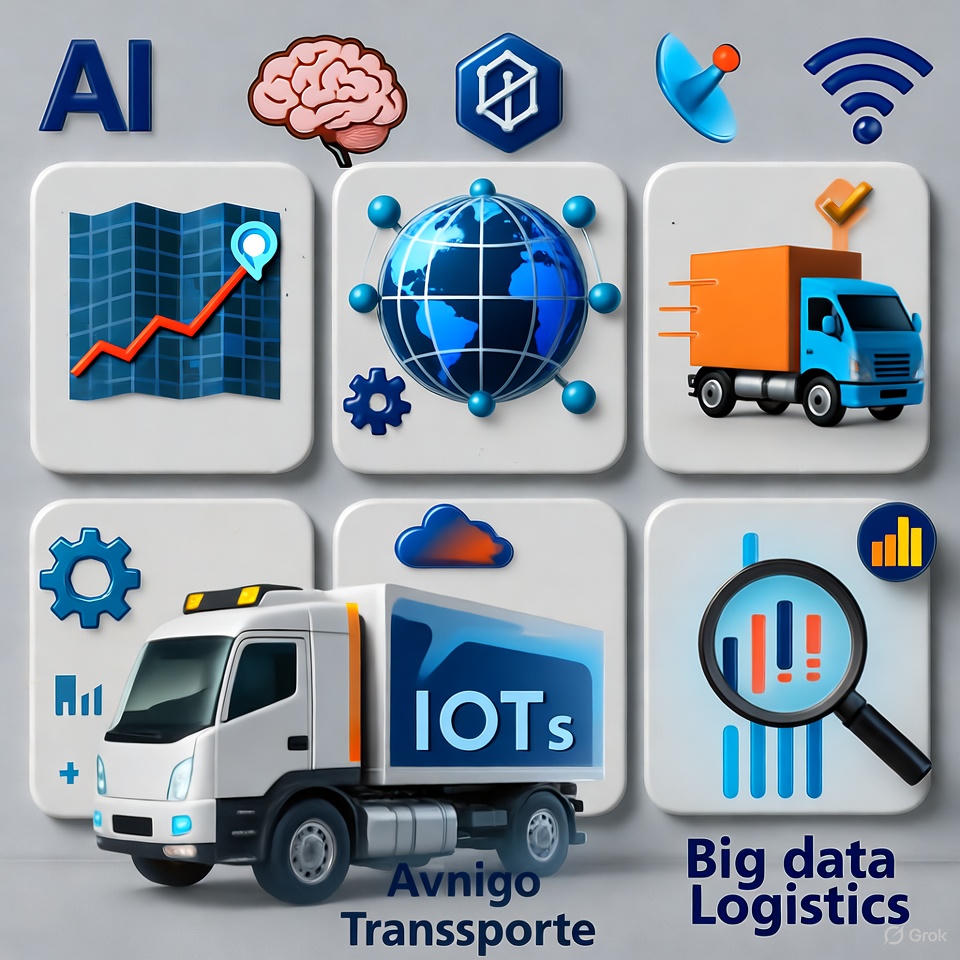Introduction
The logistics and shipping industry is on the cusp of a technological revolution, driven by autonomous vehicles. Self-driving trucks and delivery drones are redefining how goods are transported, promising greater efficiency and sustainability. With companies like Tesla and Amazon leading the charge, this post examines how autonomous vehicles are transforming logistics and shaping the industry’s future.
Main Content
The Emergence of Autonomous Technology
Autonomous vehicles leverage artificial intelligence (AI), sensors, and GPS to navigate without human intervention. These technologies are reshaping logistics by enabling continuous operations and reducing errors.
- Self-Driving Trucks: Companies like Waymo and TuSimple are testing trucks that can handle long-haul routes autonomously.
- Delivery Drones: Amazon’s Prime Air and UPS’s drone programs target last-mile delivery in urban and rural areas.
- AI-Driven Optimization: Machine learning optimizes routes, predicts maintenance, and enhances safety.
Benefits for Logistics
Autonomous vehicles bring transformative advantages:
- Cost Efficiency: Eliminating driver wages and optimizing fuel use reduce operational costs by up to 20%, per industry estimates.
- Faster Deliveries: 24/7 operations minimize delays, speeding up supply chains.
- Improved Safety: Autonomous systems reduce human-related accidents, which cause over 90% of road crashes, according to the National Highway Traffic Safety Administration.
Challenges to Adoption
Despite their potential, autonomous vehicles face obstacles:
- Regulatory Hurdles: Governments are still developing laws to govern autonomous operations.
- High Costs: Advanced sensors and AI systems require significant upfront investment.
- Public Perception: Building trust in autonomous technology remains a challenge for widespread adoption.
Industry Examples
- Walmart: Uses Gatik’s autonomous trucks for middle-mile logistics in Arkansas.
- FedEx: Tests drones for delivering critical supplies in remote areas.
- Port Automation: Rotterdam’s port uses autonomous vehicles to streamline container handling.
Conclusion
Autonomous vehicles are set to redefine logistics by enhancing efficiency, safety, and scalability. While regulatory and cost challenges persist, ongoing advancements and industry adoption signal a promising future. Companies embracing this technology will lead the logistics industry into a new era of innovation.





Leave a Reply